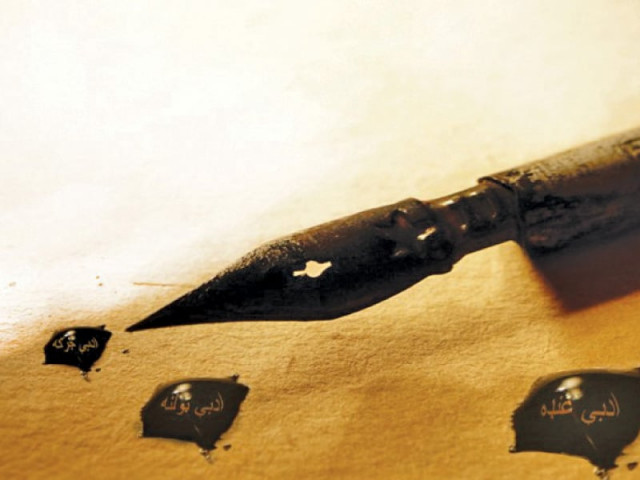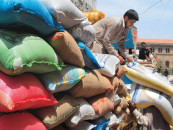Literary traditions: ‘Courts, madrassas, temples influenced our literature’
International Conference on South Asian Literary Traditions starts at LUMS

LUMS Vice Chancellor Sohail Naqvi chaired the session. STOCK IMAGE
He was giving the keynote address at the inaugural session of the International Conference on South Asian Literary Traditions, at the Lahore University of Management Sciences (LUMS). LUMS Vice Chancellor Sohail Naqvi chaired the session.
Wessler presented his paper, titled The Secular and the Religious: Patterns in Modern South Asian Literature seen from a Firangi Perspective. Wessler said his work dealt with the development of modern and individualistic thought in the subcontinental literature with focus on Hindi literature.
“One of the reasons for the strong religious content in the Indian literature was that the courts, madrassas and temples were the focal point of production, performance and transmission of literature.”
Wessler said the advent of the printing press and interaction with Western literary tradition had given rise to the modern Indian literature. “Modern Indian literature started off as a new form of creative interaction between Western and Oriental reflexivity,” said Wessler.
He discussed the rise of progressivism in the 1930s, when statements on cultural and religious decline had turned into criticism of religious institutions. “This put forward the view that most people claiming religious superiority were selling religion,” he said.
Naqvi appreciated the effort put in by the Gurmani Centre for Languages and Literature for arranging the conference. “Literature provides an avenue to discuss subjects and issues that we are otherwise prohibited to speak on,” he said.
He said LUMS had always tried to provide an atmosphere where ‘open dialogue’ and discussions could place.
Yasmeen Hameed, coordinator of the Gurmani Centre, said participants of the conference would discuss various themes and issues related to South Asian literature. She said the centre would offer courses in various languages, including Sindhi, Pashto and Hindi.
The conference will continue on Saturday. Speakers from India, Sweden and Hungary would also participate.
Published in The Express Tribune, April 11th, 2015.



















COMMENTS
Comments are moderated and generally will be posted if they are on-topic and not abusive.
For more information, please see our Comments FAQ